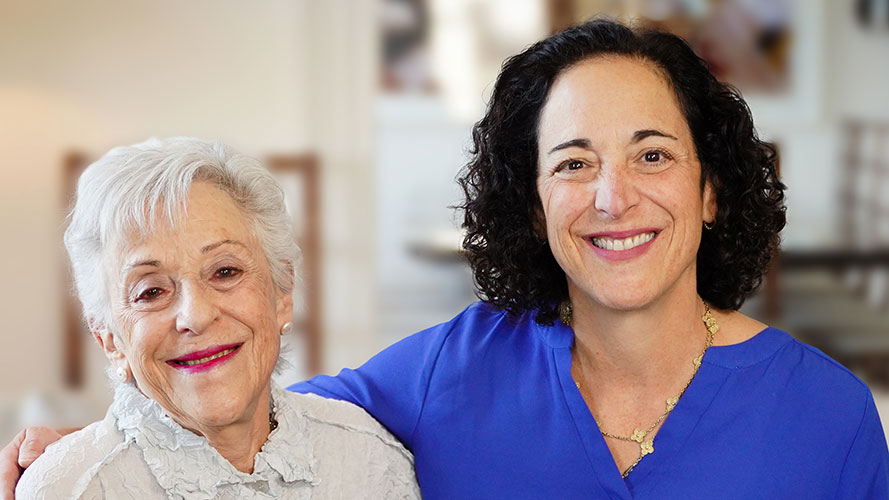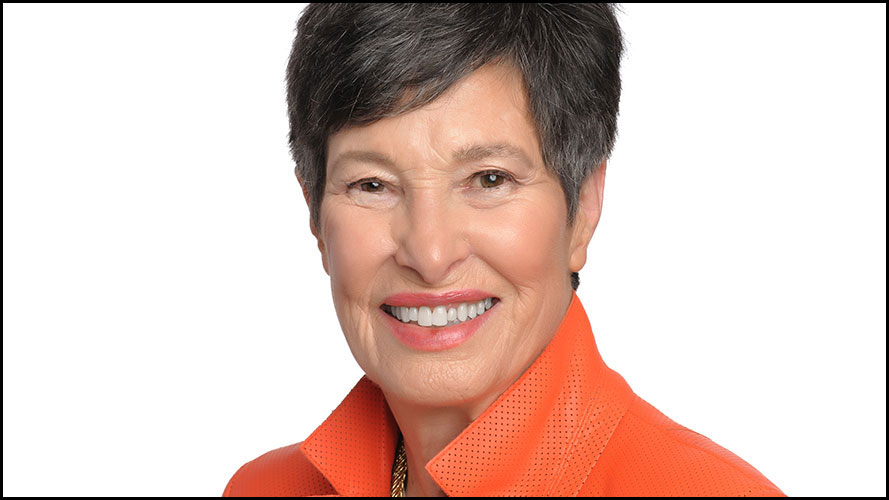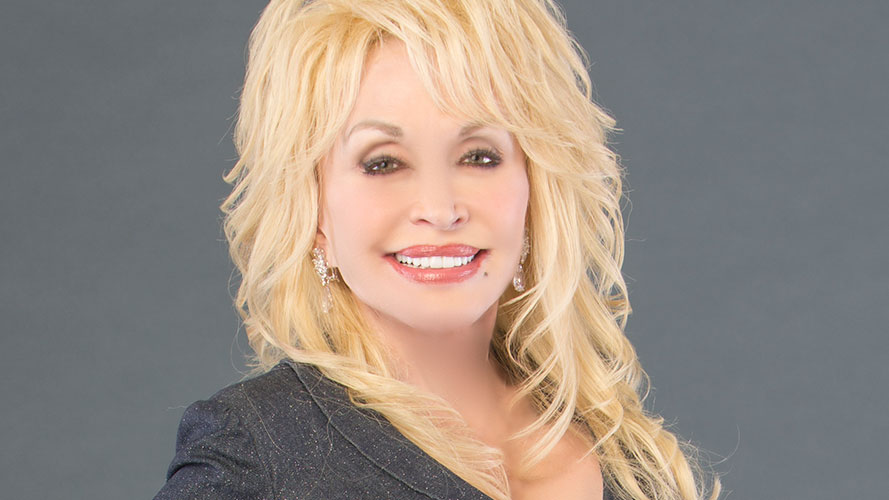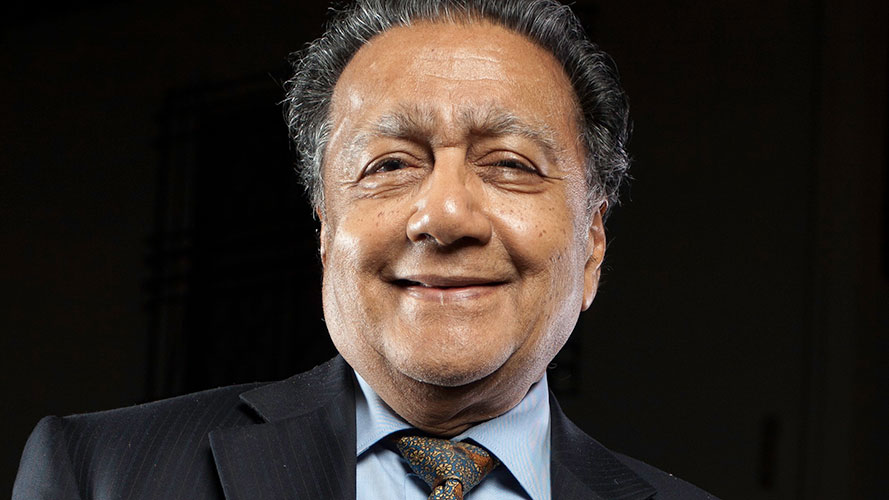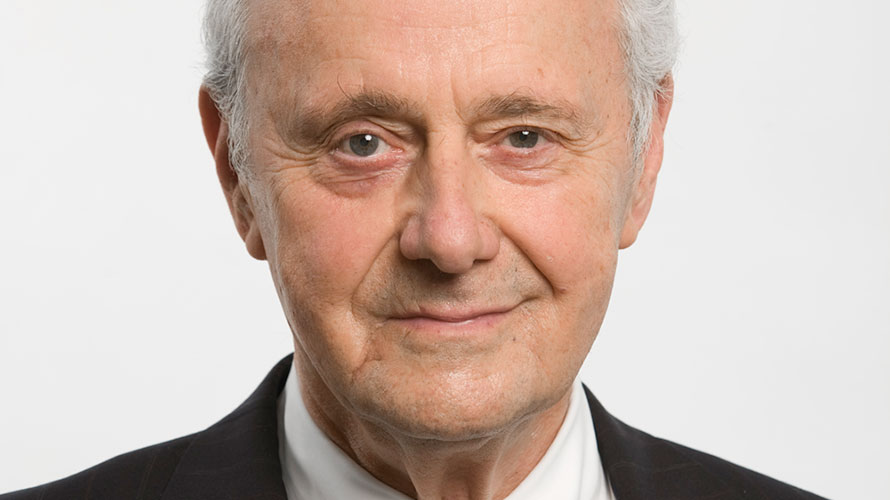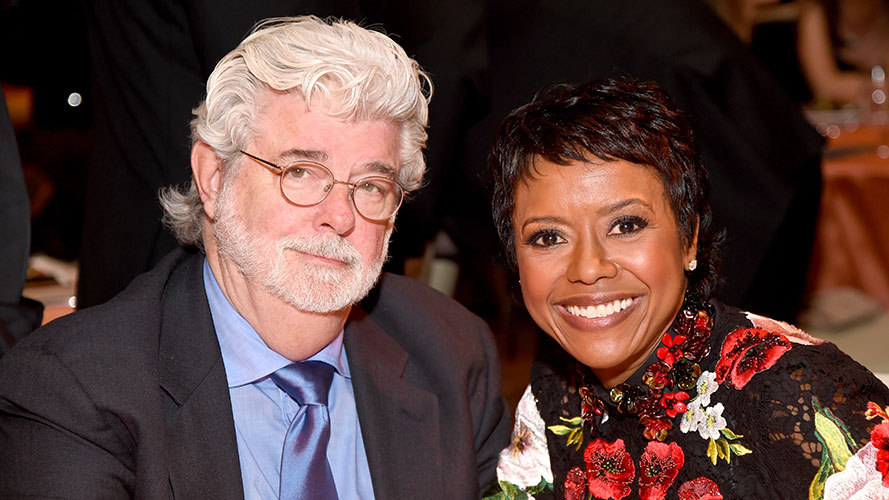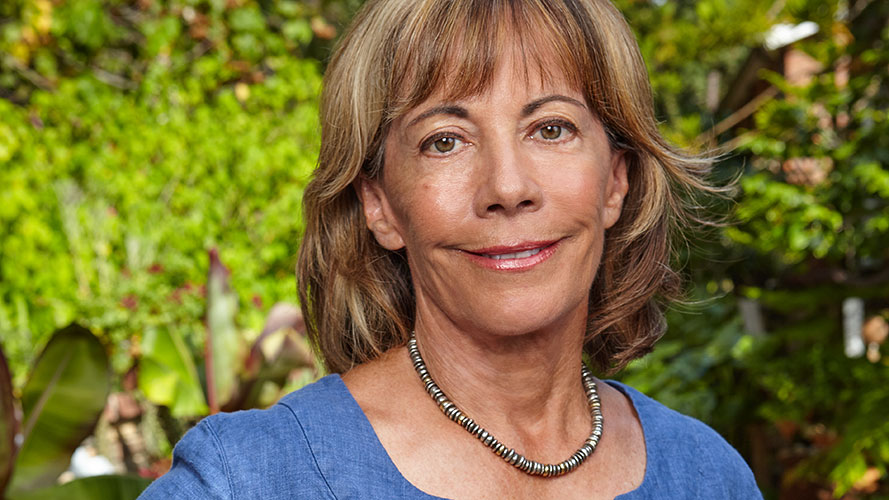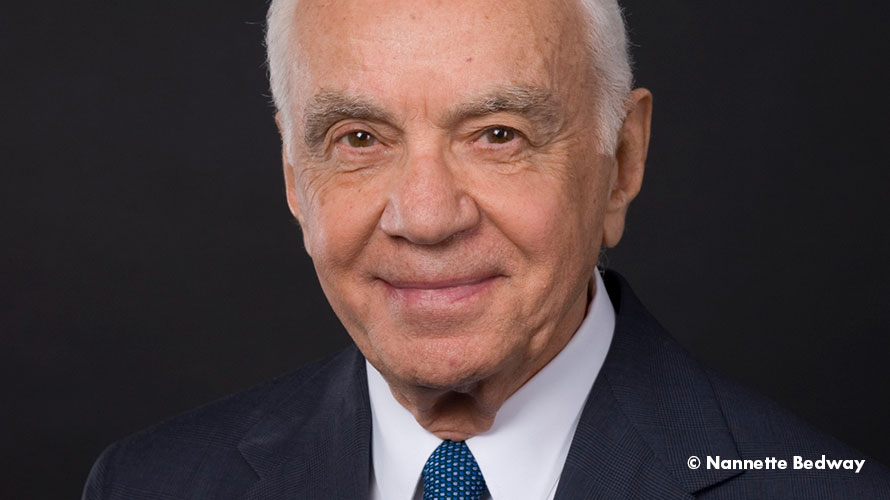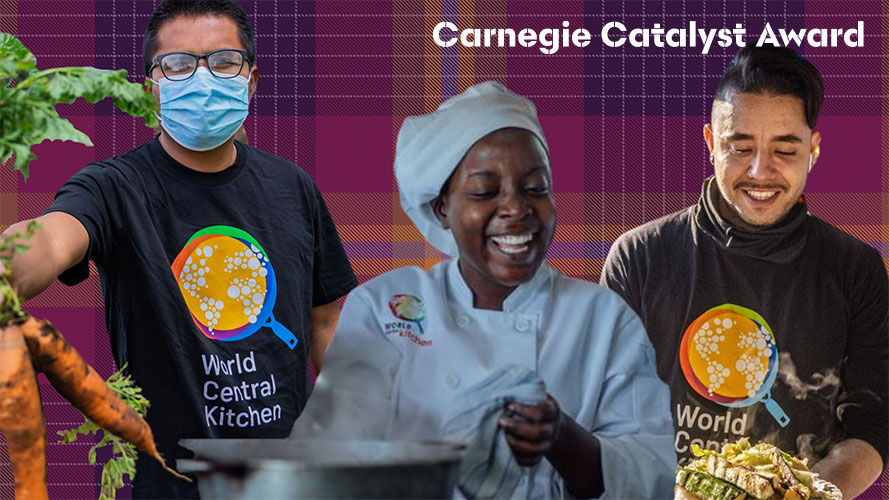

World Central Kitchen
Award Citation: 2022 Carnegie Medal of Philanthropy
In response to the 2010 Haiti earthquake, award-winning Spanish-born American chef and restaurateur José Andrés founded World Central Kitchen (WCK). Cooking with others at a camp for displaced persons, Andrés, with the support of his wife, Patricia, along with business partner Rob Wilder and his wife, Robin, set out to use his gastronomic experience to provide hungry people with more than just relief during a disaster. The idea? To help spur urgent economic recovery through food.
Andrew Carnegie once said, “Wealth is not to feed our egos, but to feed the hungry and to help people help themselves.” He believed that philanthropy ought to challenge the causes of social ills rather than their expressions. WCK’s vision, centering the humanity of cooking and eating together, embodies this philosophy — to tackle causes, not symptoms — in the food economy. WCK’s work is made possible by volunteers, most of whom are local to the communities they serve. The WCK team mobilizes individuals with professional cooking experience, as well as anyone willing to work the lines, help with food purchases and deliveries, or simply serve a meal with a smile.
WCK is often first to the front lines. They have served more than 150 million fresh meals around the world, helping to feed the island of Puerto Rico after Hurricane Maria and millions during the COVID-19 pandemic. They worked with the victims of the ruinous blast in Beirut and the bushfires in Australia. And WCK continues to build the largest food relief operation in Ukraine, sending trucks, trains, passenger cars, and vans across hundreds of cities and towns. WCK’s Resilience Programs strengthen sustenance security by creating systems that train chefs and school cooks, by advancing clean cooking practices, and by focusing grantmaking on farms, fisheries, and small businesses along with promoting educational and professional opportunities.
World Central Kitchen has expanded traditional notions of philanthropy, putting into practice a philosophy that views food as an agent for change. Through community-based mobilizations and the expansion of opportunities and resources, WCK fights hunger while enabling economic
stability, spreading knowledge, and mitigating the damage of future disasters. Their practice of gathering for meals, fostering community through the camaraderie of breaking bread together, is a graceful expression of “giving” that resonates for all.
WCK’s extraordinary operating model sets a powerful and inspirational example of empathy in action. The Selection Committee of the Carnegie Medal of Philanthropy believes that the spirit of their life-enhancing work — meeting people in need where they are, building community through shared connections — is a match for the bountiful spirit of our founder, who said, “The happiness of giving happiness is far sweeter than the pleasure direct.” We are honored to present the inaugural Carnegie Catalyst Award to World Central Kitchen.
Acceptance Speech Video: October 13, 2022 Awards Ceremony
Presenter Video: October 13, 2022 Awards Ceremony
Photos: October 13, 2022 Awards Ceremony
About ![]()
This year, the Carnegie family of institutions announced the inaugural Carnegie Catalyst Award, created in memory of the late Vartan Gregorian, past president of Carnegie Corporation of New York and cofounder of the Carnegie Medal of Philanthropy. Celebrating the transformative power of human kindness, the Catalyst Award honors a nonprofit organization that has been exceptionally effective in catalyzing people’s inherent desire to help one another — an ideal that was embodied through Gregorian’s life and work. World Central Kitchen was selected as the first-ever recipient of the Carnegie Catalyst Award for mobilizing volunteers to provide 150 million meals in communities affected by humanitarian and natural disasters.

